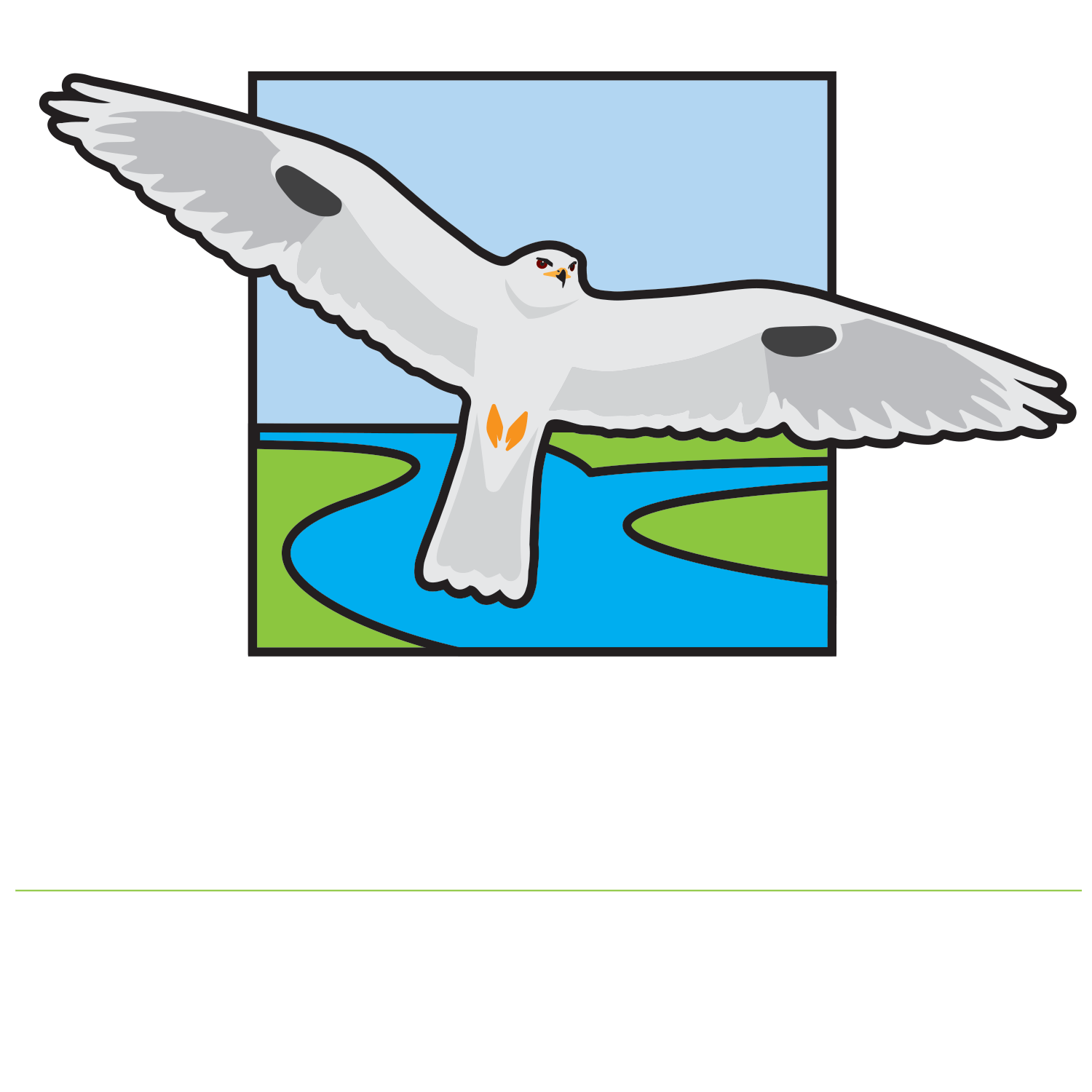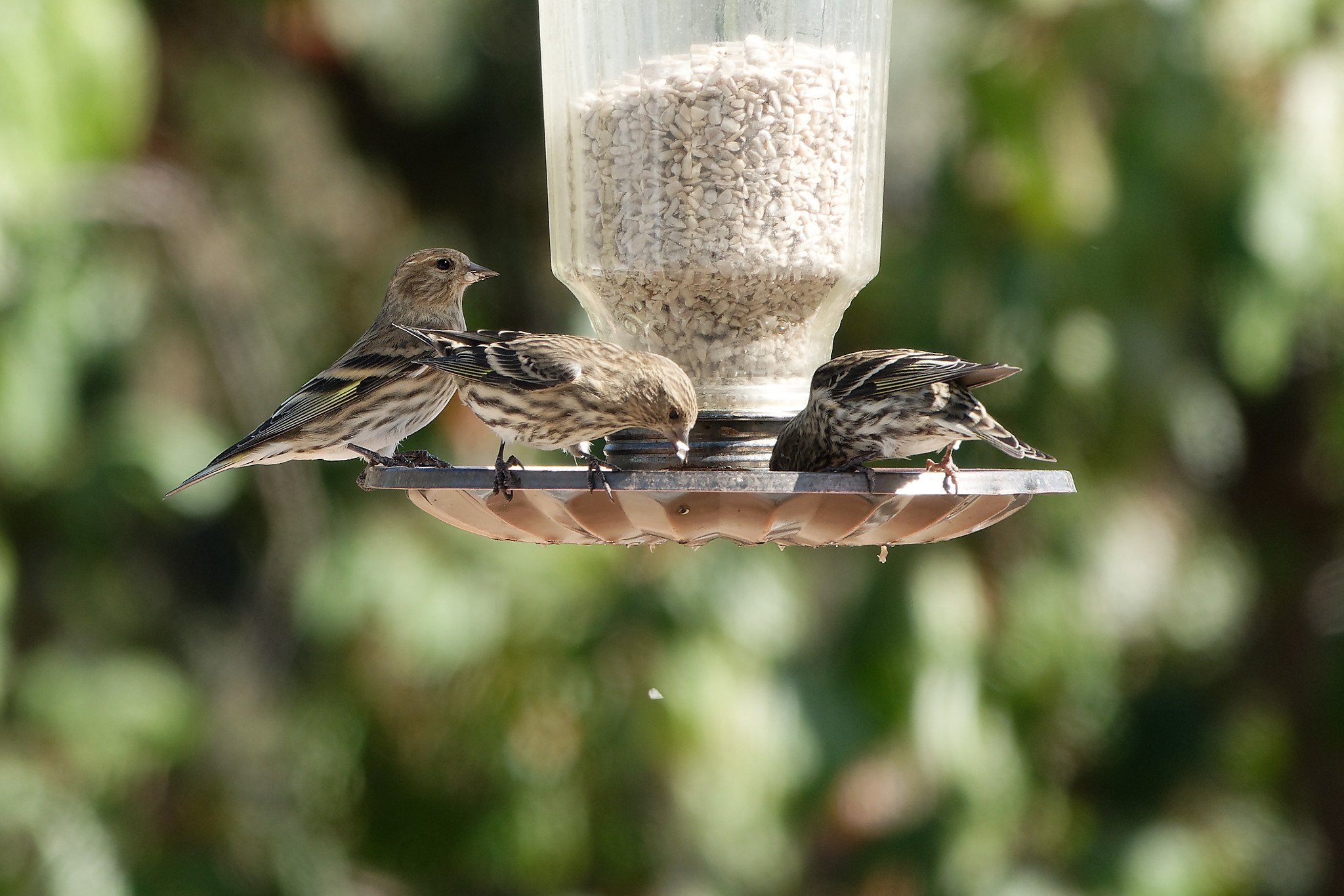If you have ever spent time watching birds at feeders, you know first-hand what a joy it is to see these birds so close-up. But have you ever wondered what it was doing for your mental health? It turns out, watching birds is enormously beneficial to our mental health. While it might be something a lot of us anecdotally understand, very little scientific research has formally studied this topic. Documenting the mental health benefits that birds provide for us gives another impetus for supporting widespread bird conservation and habitat enrichment programs.
As part of my PhD research at UC Davis, I seek to study the mental health benefits that backyard bird feeding provides to people. In particular, I want to study how adopting backyard bird feeding as an activity influences the wellbeing of people who have never watched birds before. My plan is to recruit a sample of participants with no prior experience watching or feeding birds and provide them with a bird feeder and bird seed. They will then spend 3 months maintaining the bird feeder, and through pre and post surveys I will ask a series of questions to determine how backyard bird feeding has influenced their wellbeing. Birds are so ubiquitous and people can easily watch them right from home. The results from this study could further highlight how backyard bird feeding is not just something that can help the birds, but that there is also a reciprocal relationship whereby birds help people.
This is the part where I would love your help! If you know anyone (friends, families, colleagues) who has never watched or fed birds before but might be interested in receiving a free bird feeder and bag of seed, I would love to have them take part in my study. The only requirements for eligibility are that they have no prior experience feeding or watching birds, live in the Sacramento metro area, and are willing to regularly maintain a bird feeder at their property from January – March 2025. Please have anyone interested reach out to me at cjrosenblatt@ucdavis.edu to further discuss participation in this study. Thank you so much for your help!
Connor Rosenblatt
Pine Siskin at bird feeder, Image by Timothy Jackson

